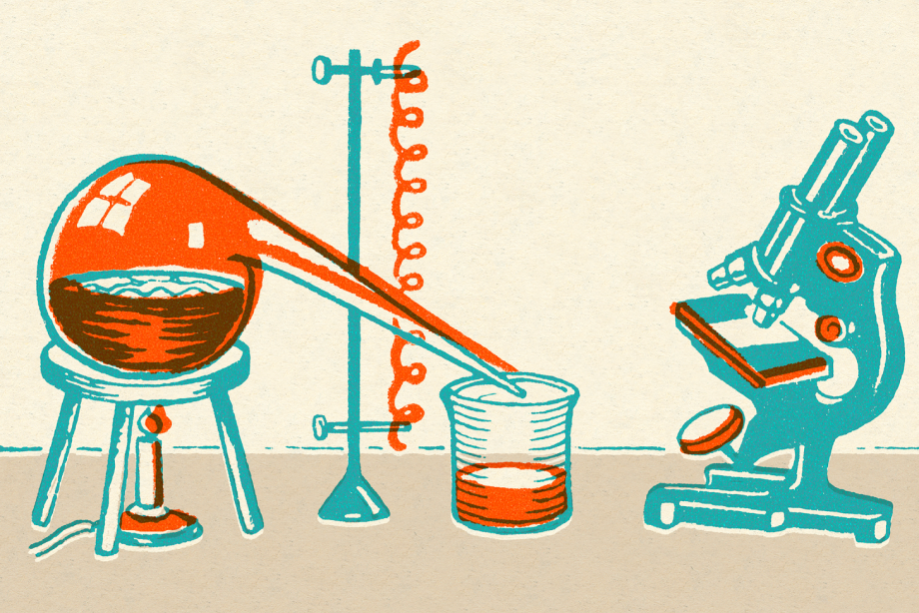Guest post by: Smarty Pants Science

Science/ Wired
The job of a scientist is immensely rewarding — but also technically challenging, and often riddled with administrative and institutional red tape. Learning how to navigate these challenges is critical for mastering the practice of science and advancing early career scientists (students, interns, post docs, etc). The role of good mentors can set the stage for success. However, there is little discussion about the damage that can be wrought by a bad mentor. In science, our ideas and mental labor are our lifeblood: So what happens when a trusted mentor or senior PI takes advantage or credit for the work of an early career scientist has conducted? A bad mentor can make or break a budding, inexperienced scientist.

Notes vs. plagiarism/ Source: Nature
There are no community-wide policies in place for how to deal with irresponsible and unethical conduct in research, such as stealing authorship credit. Or at least there are not any policies that carry the force of law or have actual consequences. Unlike say, the Bar Association for lawyers, or the American Medical Association for doctors, single governing body in science to pass standards and enforce them. Scientists have the National Science Foundation (NSF) guidelines or institutional enforcement through offices of internal affairs. There is also the Committee on Publication Ethics (COPE), but this is a voluntary enterprise and its guidelines do not carry the force of law. There are also ethics rules for professional engineers, etc., but these rules do not apply to the research community at large.
 It seems logical that as with other professions, research scientists ought to have some formal body for publishing ethics guidelines, dealing with authorship, and other professional disputes. A committee on professional responsibility in research science, perhaps, should be developed for our community. What model to use for this committee, or how it would operate, is a tricky question with many potential solutions.
It seems logical that as with other professions, research scientists ought to have some formal body for publishing ethics guidelines, dealing with authorship, and other professional disputes. A committee on professional responsibility in research science, perhaps, should be developed for our community. What model to use for this committee, or how it would operate, is a tricky question with many potential solutions.
Smartypants does not claim to have the best solution, but we would like to open up this discussion to opinions of researchers.
One idea is to have this committee work with accrediting institutions and require, as part of the program accreditation, that students take a professional responsibility course, as a prerequisite for earning a degree. The professional responsibility course would be designed by the committee, and teach a set of committee designed (and published) standards for ethics, and for how disputes are to be handled. Once a student earns their degree and enters the science workforce, they are bound by these standards. The committee could have a formal complaint process, an arbitration commission to enforce the standards, and provide censure for researchers who violate the code.

Great idea. Source: someecards.com
Considerations for how to deal with this problem on an institutional level:
- Does “Whistleblower” protection for the job exist?
- To keep confidentiality or not — this is challenging when you are advocating for your own work or in witnessing a colleague committing a violation.
- Is there a formal process through the institution or agency where students/interns can request investigation and correction?
- Do mentees have a support system in place to help work through these issues where they have no control?
- How can we break the cycle and force change in your institution? If you witness this occurring to other students or researchers, report it (see above).
Let us know your thoughts or ideas on this complex issue!
This article was first published at Smarty Pants Science, and on 14 September 2017. We are grateful to the authors to enable us to share this with you. WHPC and Smarty Pants welcome your input on this topic.

